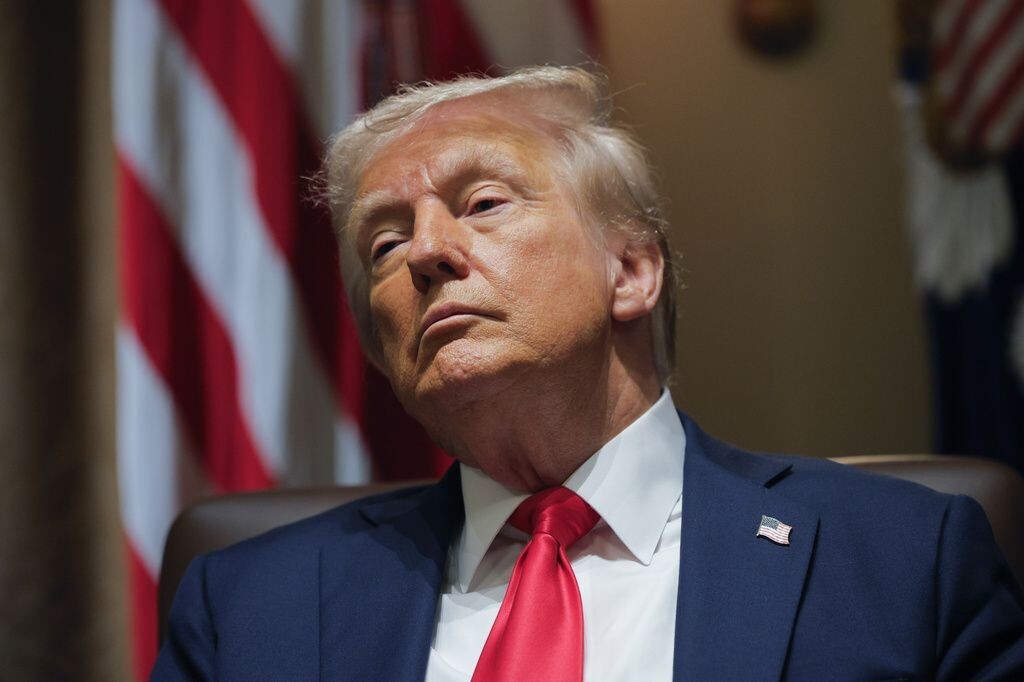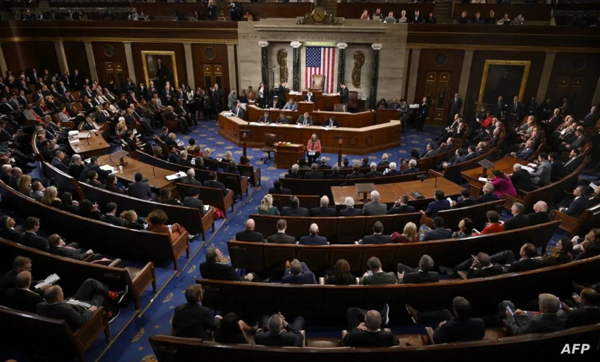
The President of the United States, Donald Trump, has caused confusion by changing the date for the imposition of tariffs on Mexico and Canada. Initially, he announced that the tariffs would take effect on April 2, but later indicated that they will begin on March 4 if the problem with fentanyl trafficking continues.
"The tariffs are still on, not all, but many of them," Trump expressed, suggesting that the deadline remains in April. This uncertainty regarding Trump's trade policy is starting to affect markets and generating concern among consumers and businesses.
In February, the president decided to give an additional month to Mexico and Canada to show progress in the fight against fentanyl and immigration, although it was confirmed that a 25 percent tariff will be imposed on European Union products. Trump also mentioned the imposition of additional tariffs of 10 percent on China for the same date.
Trump argues that it is necessary to stop the flow of drugs from Mexico and Canada, especially fentanyl, which continues to enter the United States at unacceptable levels. This stance has raised concerns in financial markets, affecting indices like the Bloomberg Dollar and the currencies of Canada, Mexico, and China.
Consumers express fears of potential inflation increases and an impact on the automotive sector if tariffs are applied to Canada and Mexico. The uncertainty surrounding Trump's trade policy with his trading partners is generating concern across various economic sectors and could lead to political backlash against him.














